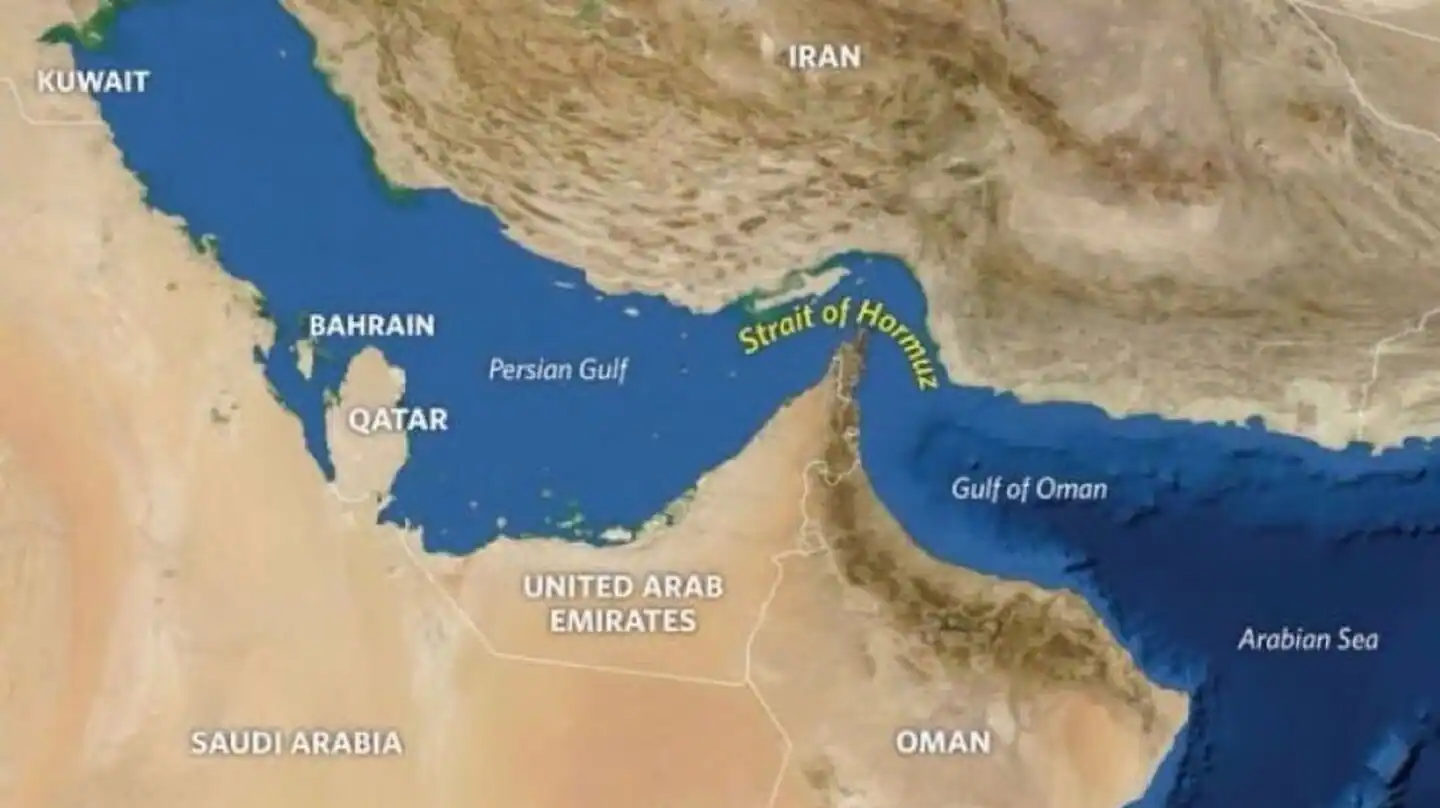US Urges China to Intervene as Iran Threatens Closure of Strait of Hormuz

US Secretary of State Marco Rubio has urged China to intervene and prevent Iran from potentially closing the Strait of Hormuz, a critical maritime route for global oil shipments. His remarks followed reports from Iran’s state-run Press TV, indicating that the Iranian parliament had approved a plan to close the strait, although the final decision rests with the Supreme National Security Council. The closure of this vital passage could have severe repercussions for the global economy, particularly affecting oil prices and supply.
Concerns Over Oil Supply Disruption
The Strait of Hormuz is a crucial conduit for approximately 20% of the world’s oil, with major Middle Eastern producers relying on it to transport energy resources. Any disruption in this area could lead to a significant spike in global oil prices. Following recent tensions, oil prices surged, with Brent crude reaching its highest level in five months. As of Sunday evening, the price stood at $78.89 per barrel. Rubio emphasized the importance of the strait to China, the largest importer of Iranian oil, and warned that closing it would be detrimental not only to Iran but also to other nations reliant on this shipping route.
Rubio stated in an interview, “If they [close the Straits]… it will be economic suicide for them.” He called on the Chinese government to engage with Iran, highlighting that the repercussions of such a closure would be felt far beyond the region. The potential for escalating tensions in the Strait of Hormuz raises alarms about the stability of global oil markets, which could impact everything from fuel prices to grocery costs.
China’s Role and Regional Implications
China’s relationship with Iran is significant, as it imports more oil from Iran than any other country, with imports exceeding 1.8 million barrels per day last month. Other major Asian economies, including India, Japan, and South Korea, also depend heavily on oil transported through the Strait of Hormuz. Energy analysts suggest that Iran has much to lose if it were to close the strait, as it risks alienating its Gulf neighbors and jeopardizing its relationship with China.
Vandana Hari, an energy analyst, noted that Iran would face severe consequences if it chose to disrupt traffic in the strait. She stated, “Iran risks turning its oil and gas producing neighbors in the Gulf into enemies and invoking the ire of its key market China.” This complex web of dependencies underscores the delicate balance of power in the region and the potential fallout from any aggressive actions taken by Iran.
Escalating Tensions and US Involvement
The situation has intensified following the US’s recent military actions against Iranian nuclear sites. President Donald Trump announced that the US had “obliterated” key facilities, although the extent of the damage remains unclear. The United Nations’ nuclear watchdog has been unable to assess the impact on the fortified Fordo underground site, with Iran claiming only minor damage occurred.
In response to the US strikes, China criticized Washington’s actions, asserting that they have undermined US credibility and called for an immediate ceasefire. China’s UN Ambassador Fu Cong urged all parties to exercise restraint and avoid escalating the conflict further. The state-run Global Times echoed this sentiment, stating that US involvement has complicated the situation in the Middle East and pushed it toward an “uncontrollable state.”
Global Economic Impact and Future Outlook
The potential closure of the Strait of Hormuz poses a significant threat to global oil supply and prices. The ramifications of such an action would extend beyond the immediate region, affecting economies worldwide. The cost of crude oil influences various sectors, from transportation to food prices, making the stability of this maritime route crucial for global economic health.
As tensions continue to rise, the international community watches closely. The interplay between Iran, the US, and China will be pivotal in determining the future of the Strait of Hormuz and the broader geopolitical landscape. With energy analysts warning of the risks associated with escalating conflicts, the need for diplomatic solutions has never been more urgent.
Observer Voice is the one stop site for National, International news, Sports, Editor’s Choice, Art/culture contents, Quotes and much more. We also cover historical contents. Historical contents includes World History, Indian History, and what happened today. The website also covers Entertainment across the India and World.
Follow Us on Twitter, Instagram, Facebook, & LinkedIn

